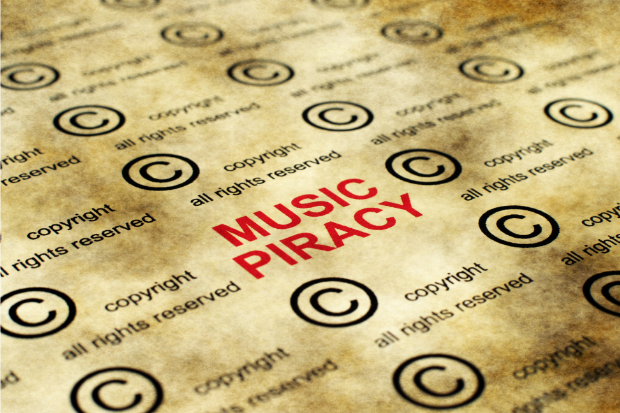
INQUIRER.net stock photo
Music and piracy have a history that goes way back. While there has been a drop in illegal downloads of songs and albums in recent years, it’s possible that this trend is reversing. So what’s going on?
While the most optimistic believed that streaming services had succeeded in convincing consumers that it was in their best interest to pay for music, it seems that some are showing resistance. Muso found that music piracy had been steadily declining since 2017, before increasing slightly in 2021. It observed a 2.18% increase on the previous year.
This phenomenon is explained by the fact that many music lovers continue to resort to “stream ripping” in order to have a permanent copy of a song or an album in their possession. To do this, they use sites that offer to convert music content into MP3 audio or video files using software available for free on the internet, like the Streamripper program.
Stream ripping accounted for 39.2% of all recorded piracy in 2021, up from 33.9% the previous year. The popularity of this practice is surprising given the numerous lawsuits filed against stream-ripping sites over the past decade. In December, a United States judge recommended that the publishers of two such sites pay more than $80 million in damages to the U.S. trade association RIAA for flouting YouTube’s anti-piracy rules.
India leads the way on music piracy
Illegal streaming sites account for 31.5% of the music piracy observed by Muso, compared to 24.3% for fraudulent downloads. Torrent networks are the least popular option among unscrupulous music lovers (5%). The Muso report’s findings, published on the specialized site Music Business Worldwide, show that the use of piracy is uneven around the world. It is particularly prevalent in India, followed by Iran and the U.S. However, this is not the case in the United Kingdom. Only 15% of Britons illegally downloaded songs and albums in 2021, according to a recent report from the Intellectual Property Office.
For Muso CEO, Andy Chatterley, it’s essential for streaming services to understand the mechanisms behind piracy in order to curb the problem.
“With approximately 3.5 billion people connected to the internet globally, and only around 10% of them paying for subscriptions to music streaming services, there is an enormous opportunity in converting more people to paid subscribers,” he said. “Piracy is an obvious place to find them.” JB
RELATED STORIES:
Eminem, Beck, Duran Duran among Rock & Roll Hall of Fame nominees

